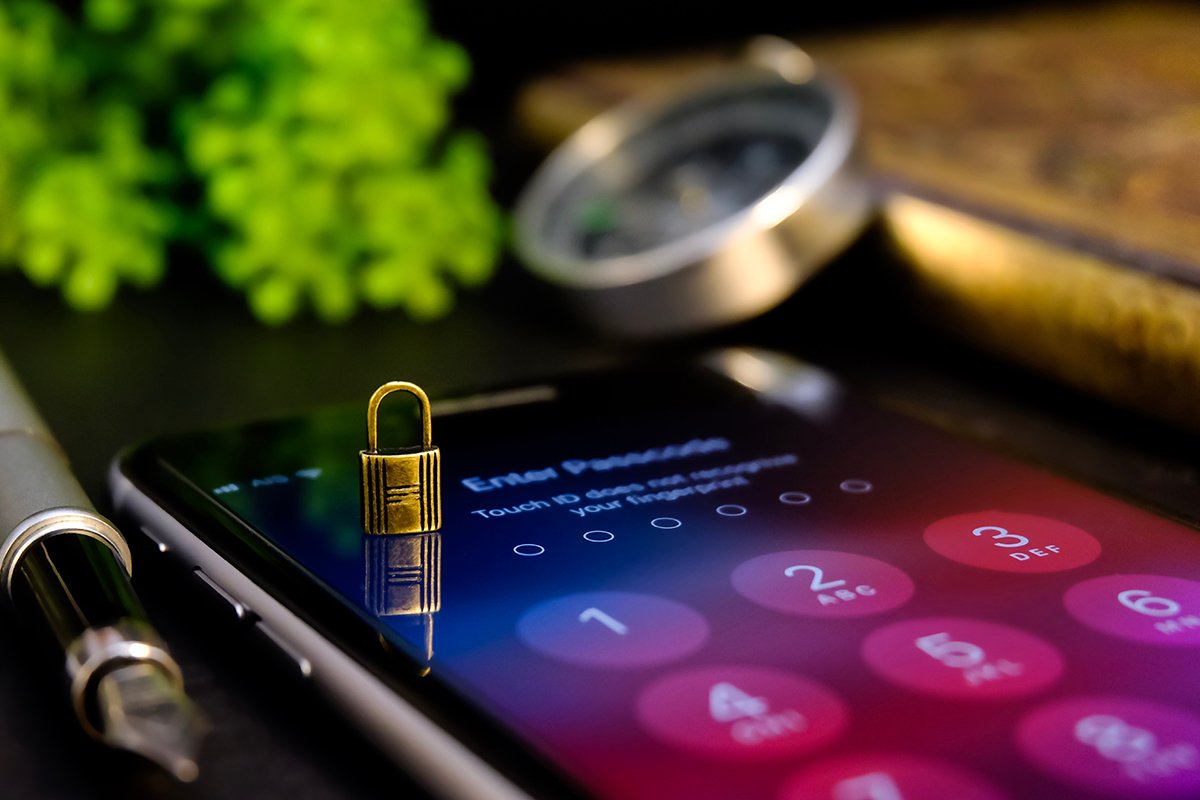
In our last post (Here are Five BYOD Principles to Consider from a Highly Respected Source), we discussed the five terrific principles for addressing Bring Your Own Device (BYOD) policies and BYOD devices in discovery from The Sedona Conference Commentary on BYOD: Principles and Guidance for Developing Policies and Meeting Discovery Obligations. The use of BYOD devices for work establishes privacy concerns for employees when devices are used for both work and personal needs, but it also establishes security concerns for employers seeking to protect sensitive data about their business.
In these days of heightened data privacy concerns, is the privacy of personal data protected on BYOD phones? Certainly, as we discussed in the post Mobile Device Forensic Discovery: Here’s a Case That Illustrates the Importance, data from mobile devices is discoverable in litigation (even forensically) if the relevance of the data is significant enough, regardless of privacy concerns.
But what about in general use of BYOD devices? Is the personal data of employees protected there?
We found one case from a few years ago – Rajaee v. Design Tech Homes, Ltd. – where the issue came up. In that case, the plaintiff resigned from his employer and was immediately terminated, then a few days later, his former employer conducted a remote wipe of his BYOD device, restoring it to factory settings and deleting all the data, not just work-related, but personal as well. He sued, alleging violations of the Electronic Communications Privacy Act (ECPA) and the Computer Fraud and Abuse Act (CFAA). But the Court dismissed his claims with regard to both alleged violations, stating the plaintiff’s personal data was not protected under the ECPA and that the plaintiff failed to provide evidence that he sustained $5,000 in cognizable “loss” under the CFAA.
It’s important for employers to recognize that there are limits to employee privacy concerns when it comes to devices used for work purposes.
The other consideration for employers is the security of sensitive company information on BYOD devices – that data must be protected, and the employer needs to preserve the ability to do so. Here are two mechanisms for protecting sensitive company information on BYOD devices:
We’ve said it before and we’ll say it again! The best way to establish the rights of an employer to protect sensitive company information on BYOD devices is through a comprehensive BYOD policy that establishes those rights and requiring an employee to agree to the terms of the BYOD policy. Not only does a comprehensive BYOD policy agreed to by employees protect employer security, but it also establishes expectations with regard to employee privacy and what employees can expect there, helping to avoid disputes later on. A comprehensive BYOD policy is the best way to balance concerns of employee privacy and employer security!
To schedule a free computer forensics consultation for your law firm or business, contact Forensic Discovery online or call us at 877-764-0920. Our certified computer forensics experts have helped thousands of clients throughout the country retrieve and preserve digital evidence from our offices in Arizona, California, Colorado, and Texas.
"*" indicates required fields